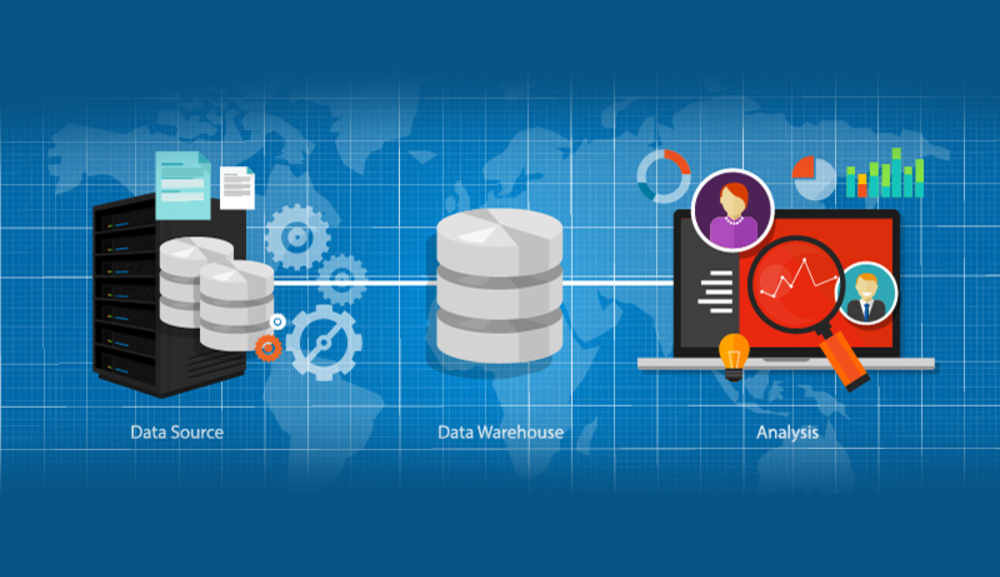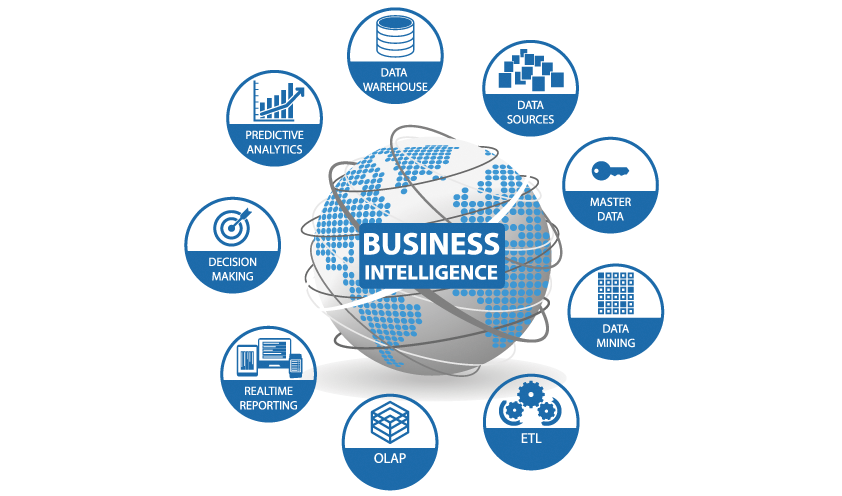Data Warehousing
A data warehouse is built to support management functions and is the process of compiling information into a data warehouse. It is a technology that aggregates structured data from one or more sources so that it can be compared and analyzed rather than transaction processing. A data warehouse is designed to support management decision-making process by providing a platform for data cleaning, data integration and data consolidation. A data warehouse contains subject-oriented, integrated, time-variant and non-volatile data.
Shras ITS Data warehouse experts help to consolidate data from many sources while ensuring data quality, consistency and accuracy. Data warehouse improves system performance by separating analytics processing from transnational databases. Data flows into a data warehouse from the various databases. A data warehouse works by organizing data into a schema which describes the layout and type of data. Query tools analyze the data tables using schema
Enterprise data is the lifeblood of a corporation, but it's useless if it's left to languish in data silos.

SHRAS ITS assists customers to setup and streamline their Data warehousing and mining by providing the tools to bring data out of the silos and put it to right use.

Data Mining
It is the process of finding patterns and correlations within large data sets to identify relationships between data. Data mining tools allow a business organization to predict customer behavior. Data mining tools are used to build risk models and detect fraud. Data mining is used in market analysis and management, fraud detection, corporate analysis and risk management.Data-mining techniques allow businesses to make predictions of future events.Data-mining techniques can generally be grouped into one of three categories: clustering, classifying, and predictive.
Clustering techniques group information based on a set of input patterns using an unsupervised or undirected algorithm.
Classifying techniques group or assign objects to predetermined groupings based on well-defined attributes.
Predictive techniques take as input known attributes regarding a particular object or category and apply those attributes to another similar group to identify expected behavior or outcomes.
Business Intelligence
Business Intelligence or BI is defined as a process or software based methodology to understand, dissect, analyze organizations data, transform the same into meaningful information for the business leaders to gain insights, define and chart their business and revenue models, take facts based decisions in order to improve efficiency and increase productivity of the organization.
Centralize the data from different sources to create informative dashboards and reports like finance, sales,utilisation and many, that provide practical insights to attain Return on Investement(ROI)


Challenges faced by
organization and companies
- Analyzing customer behaviors and buying patterns is a huge ask without proper methodologies
- Financial planning, budget allocation, and forecasting becomes that much more an arduous task
- Tracking marketing campaigns becomes a cumbersome process
- Ineffective delivery & supply mechanism, increased cost to the company adds to more challenges
What SHRAS ITS can do for you?
- We empower you by deploying robust software with which you will be able to easily and effortlessly gather, store raw data, analyze it threadbare and make effective and efficient decision to grow your company.
- Your decision making support system will become seamless to easily manage your information with reduced cost and increase profits.
- Your company will be able to meet the deadlines, desired targets, optimizes your resources and beats the competitors.
- With our Business Intelligence tools deployment, your company will become an intelligent company.


